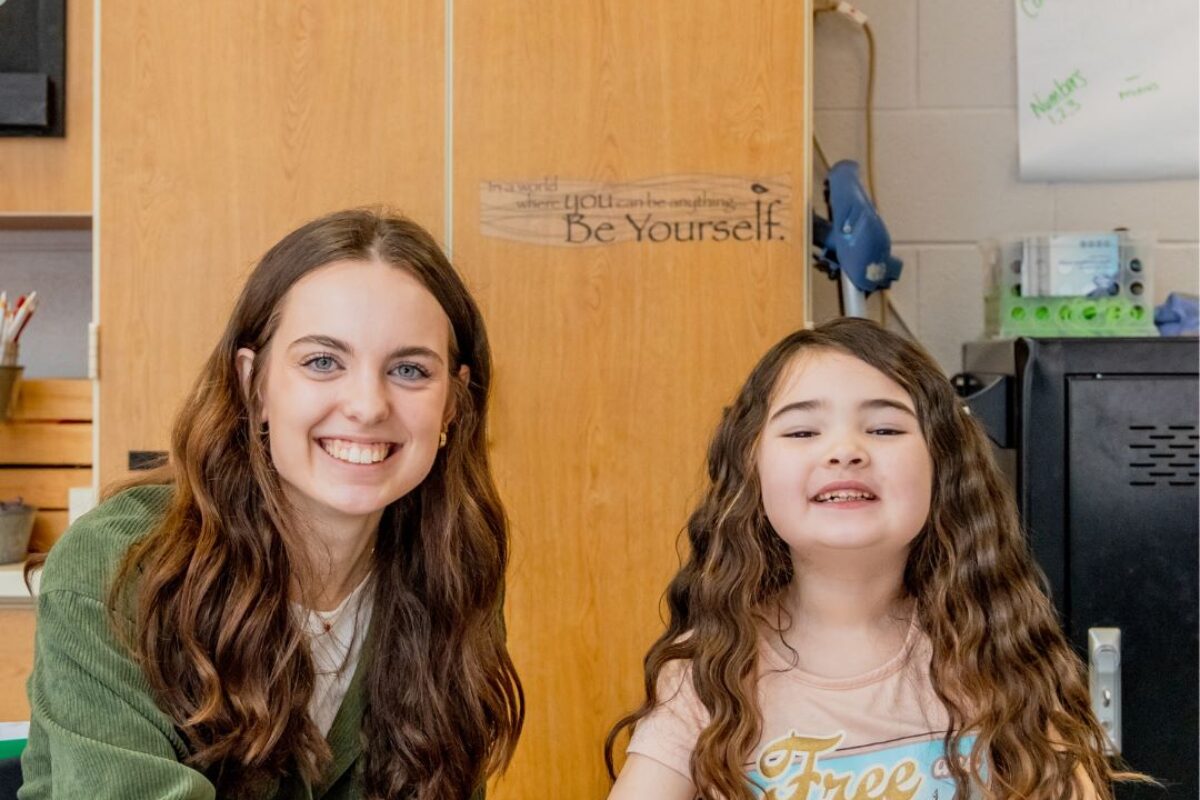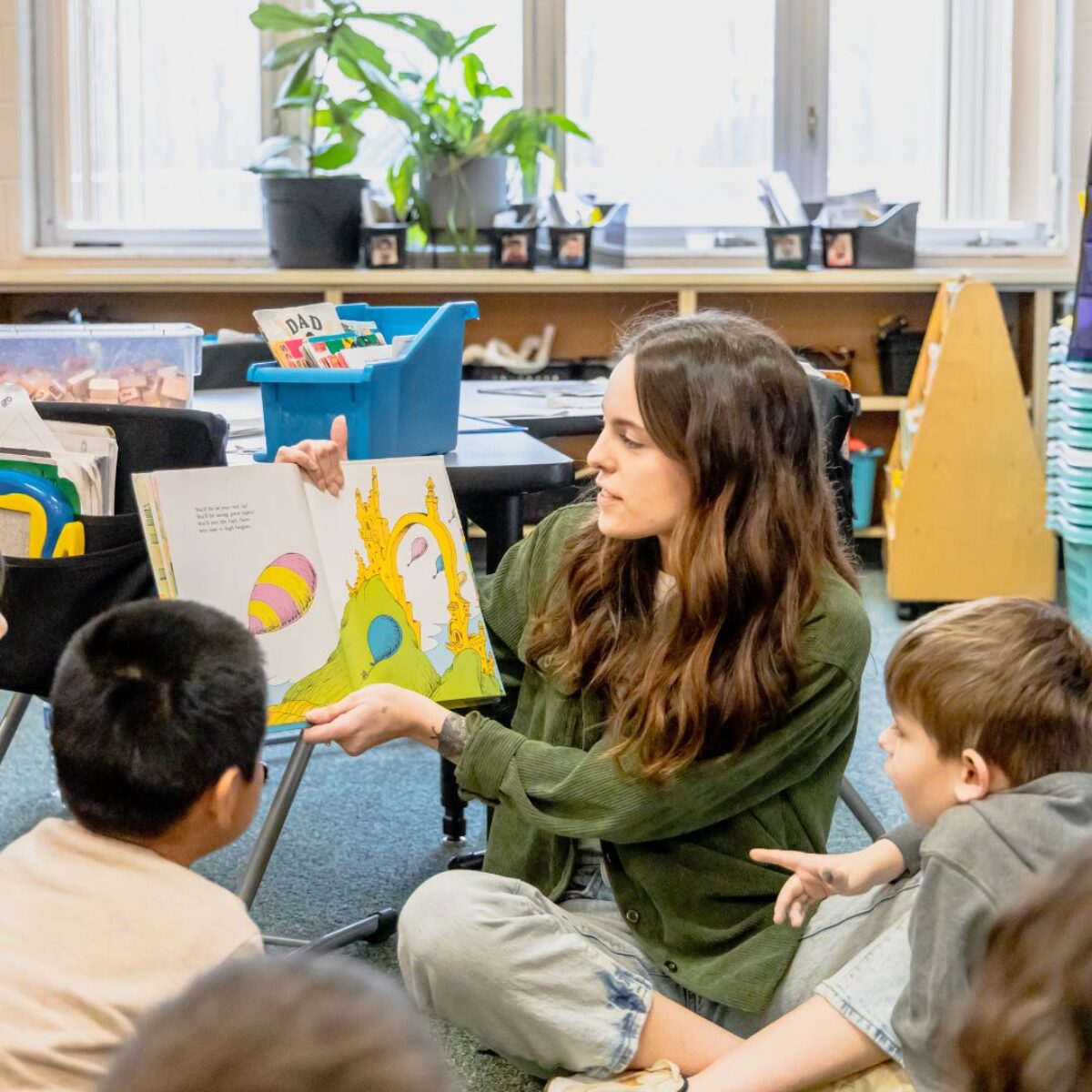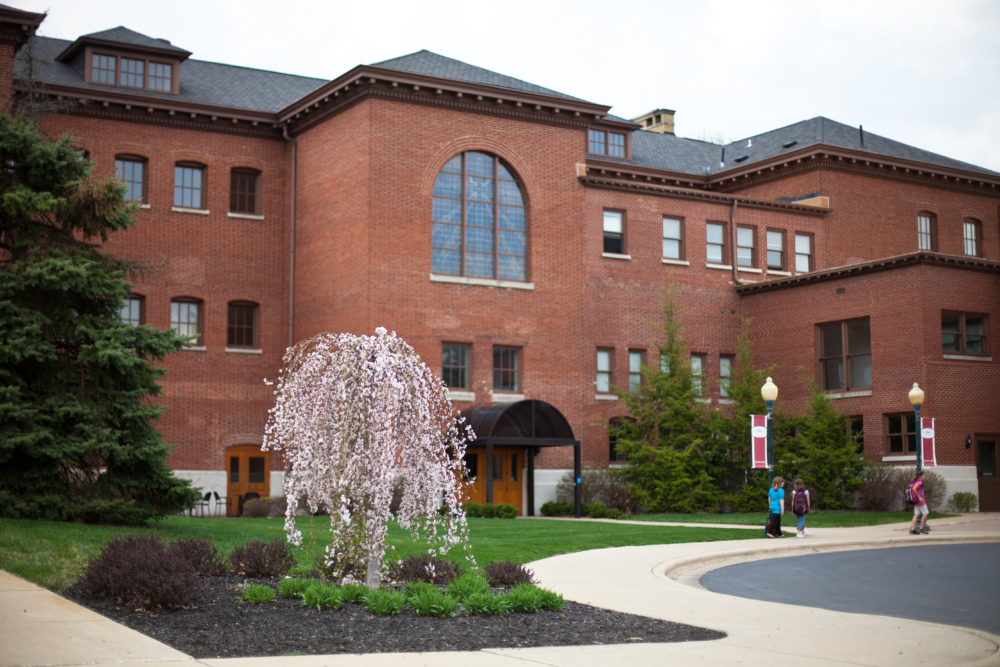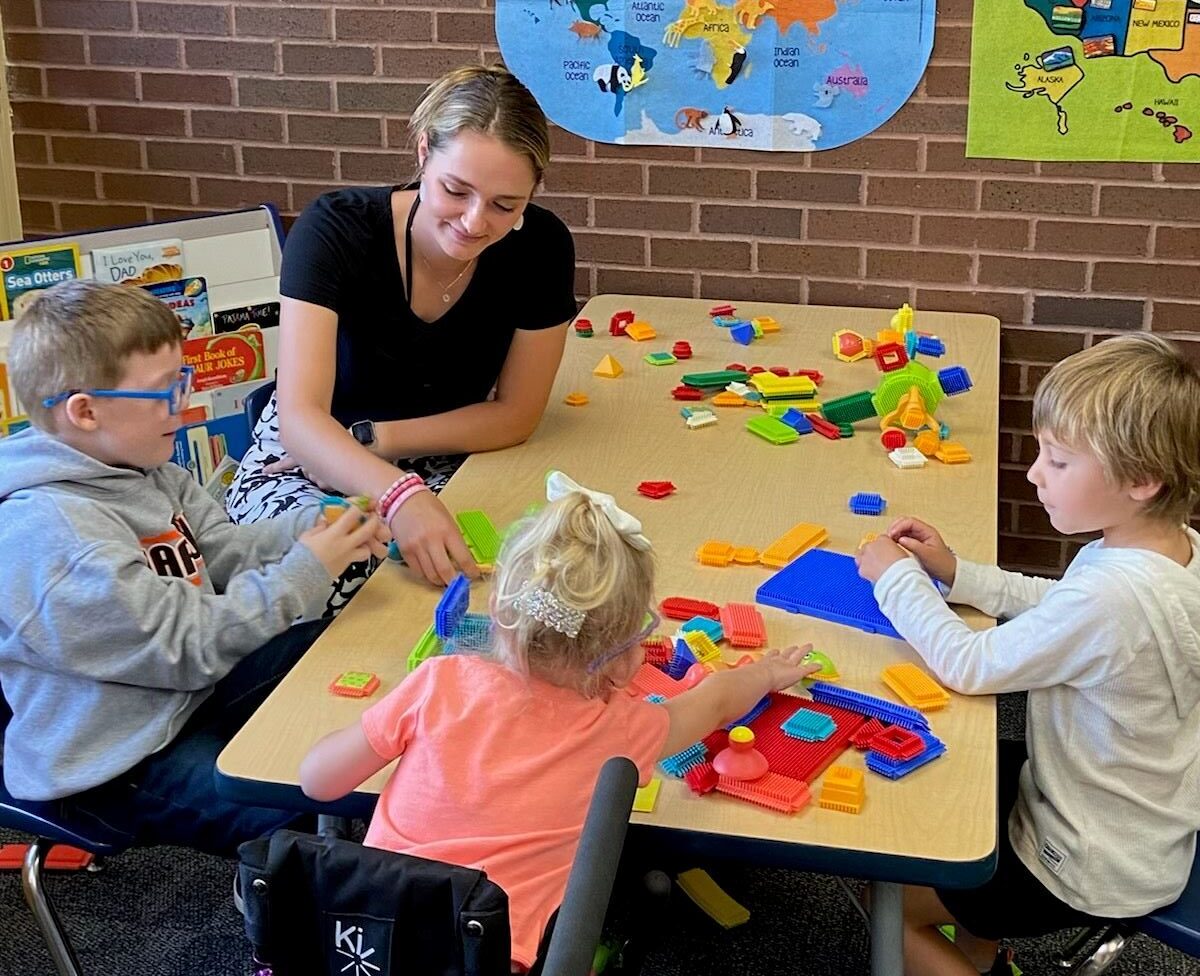February 9, 2024
7 Qualities of a Good Teacher
Tagged With Online Education

A faculty blog by Dr. Mistie Potts
With 23 years of professional experience in education, I’ve encountered hundreds of teachers. Each teacher has their own unique techniques, styles, strengths, and weaknesses. As in any other profession, some of my colleagues were better at their job than others. Many hold the naïve assumption that if you have a genuine love for children, then you’ll automatically be a great teacher. But while good intentions are commendable, they alone are not sufficient for excellent teaching.
I’ve come to the conclusion that what makes a great teacher is varied, as the role requires a multifaceted approach. However, after more than 23 years of teaching, I have noticed that many of the teachers I admire most exhibit these 7 qualities of a good teacher.
1. Subject Mastery
First and foremost, of all the 7 qualities of a good teacher, exceptional educators must possess a deep understanding of the subject matter they are teaching. Mastery of the content is essential for effectively conveying information and fostering a rich learning environment. By having a firm grasp of the subject, teachers can confidently guide students, answer questions, and address misconceptions that may arise during instruction. This is an essential part of what makes a great teacher!
2. Pedagogical Expertise
Equally important is the ability to translate that knowledge into meaningful and engaging lessons. Pedagogical content knowledge is crucial for teachers to design effective instructional strategies that cater to the diverse learning needs of their students. By employing various teaching techniques and adapting their approach as necessary, teachers can ensure that students comprehend and retain the material.
3. Assessment Proficiency
Assessing student progress is also one of the vital qualities of a great teacher. By employing intentional and ongoing assessment methods, teachers can gather data on students’ understanding, skills, and needs. This information enables them to tailor their teaching to individual students and make informed instructional decisions. Acknowledging students’ diverse backgrounds, prior knowledge, and experiences is also essential. Good teachers build upon students’ existing knowledge, connecting new concepts to familiar ones and facilitating meaningful learning experiences.

4. Communication Skills
One of the very important 7 qualities of a good teacher is strong communication skills. Excellent educators are excellent communicators. They effectively convey information, actively listen to students, and encourage open dialogue within the classroom. By fostering a supportive and inclusive environment, teachers create opportunities for students to share their thoughts, ask questions, and engage in collaborative learning.
5. Adaptability
Furthermore, good teachers exhibit adaptability and flexibility. They understand that each student is unique, with varying strengths, weaknesses, and learning preferences. A good teacher adjusts their instructional methods and provides differentiated learning experiences to cater to individual student needs, promoting a positive and inclusive classroom environment.
6. Passion for Students
Good teachers demonstrate a genuine passion for education and a commitment to their students’ success. They go above and beyond to foster a love of learning, inspire curiosity, and instill confidence in their students. By establishing nurturing relationships with their students, teachers create an atmosphere of trust and support, enabling students to thrive academically and personally.
7. Reflective Practitioner
Finally, on our list of 7 qualities of a good teacher, is the element of self-reflection. Successful teaching demands that educators evaluate both their strengths and weaknesses, scrutinizing each action to enhance their overall performance. Coined by Shon (1991), the concept of a reflective practitioner entails being reflective during teaching (in action) and after teaching (post-event). Teachers need to examine their own biases, thoughts, perspectives, and actions in order to chart a course for improvement. Demonstrating this reflective approach not only sets an example for students but also encourages them to adopt reflective practices in their own lives. This, in turn, prompts students to contemplate their own actions, thoughts, perspectives, and biases in genuine, real-life situations.
The 7 qualities of a good teacher extend beyond a mere love for children. Teaching requires a combination of subject mastery, pedagogical expertise, assessment proficiency, adaptability, excellent communication skills, a genuine passion for education, and thoughtful reflection. By embodying these characteristics, teachers can create a transformative and enriching learning experience for their students.
Read stories from the online Transition to Teaching license program to learn more about how we cultivate these qualities of a great teacher in our teacher candidates.
Want to continue exploring what makes a great teacher? Explore Grace’s online Transition to Teaching license.


